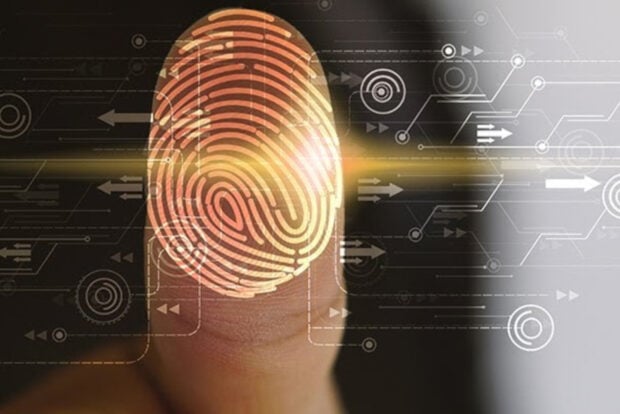Eight countries set out principles for the future of digital ID

A working group on digital identity which comprises eight member states has drafted a set of high-level principles to support the development of mutually recognised and interoperable digital ID systems and infrastructure.
In its report, the Digital Government Exchange (DGX) Digital Identity Working Group (DIWG) said its goal is to enhance trade agreements and to “facilitate economic recovery from COVID-19, for example to support the opening of domestic and international borders”.
The 11 principles call for digital ID infrastructure to be open; transparent; reusable; user-centric; inclusive and accessible; multilingual; secure and private; technologically neutral and compatible with data portability; administratively simple; able to preserve information; and effective and efficient.
Upcoming event: Digital ID workshop
“A common set of definitions and universal taxonomy for digital identity is critical to enable mutual recognition of digital identities and interoperability of digital identity systems… This set of common definitions will evolve as trust frameworks and digital identities are further developed,” the report said.
Established in 2020, DIWG comprises Australia, Canada, Finland, Israel, New Zealand, Singapore, the Netherlands, and the United Kingdom, and is chaired by Australia’s Digital Transformation Agency. The group was initially formed to allow its members to “share experiences and opportunities for the use of digital identity initiatives, with a focus on the response to and recovery from the impacts of COVID-19 on governments and people”.
Trade and travel
With the eight countries agreed on various principles and definitions around digital ID, the DIWG said it would be easier going forward to strike coherent free-trade agreements and draft memoranda of understanding.
It added that a universal taxonomy would help “formalise the intent and achieve the outcomes required for mutual recognition of digital identities across borders, and interoperability of digital identity systems”.
“Ultimately, when applied this enables… more efficient government interactions, increased support for businesses operating across borders and simple, streamlined experiences for people travelling internationally,” the report said.
For example, future interoperability could help create a decentralised COVID Certificate framework for “strong, mutually recognised and trusted vaccination certificates to enable safer cross-border movement”.
The report gave the example of the European Digital Identity Wallet, which enables people and businesses to digitally store their national digital identities and other personal attributes securely.
It warned that misaligned legislation between countries on issues such as privacy, security, and data sovereignty had the potential to undermine mutual recognition and interoperability. It said some countries were “more able to share data [with other] countries, such as member states of the EU, while others are less able”.
Read more: Asking the experts: What do digital leaders need to succeed?
However, it added that though its member countries’ existing policies were specific to their respective government’s requirements around digital identity, all were broadly aligned to ISO standards, EU standards or industry best practice.
“Across most member countries, trust frameworks, policy and legislation have been developed with future mutual recognition and interoperability in mind, opening up the broad opportunity to achieve interoperability between the digital identity systems and infrastructure,” it said.
Like this story? Sign up to Global Government Forum’s email news notifications to receive the latest updates in your inbox.























No thanks, I will pass on the Digital Gulag, thanks anyway.
Vastustan digitaalista identtiteettilompakkoa. KOska se johtaa vääjämättä kapitalistiseen kontrolliyhteiskuntaan. Digitaalinen identtiteetti lompakko on ihmisoikeuksia rikkova ja täysin epäinhimillinen hanke. VASTUSTAN JYRKÄSTI!
Canada is now getting it soon and we are already almost like shanghi china and now we will be full out chinadian. good by to all freedoms and welcome to dictatorship
Digital ID is safer. You can encrypt the certificate if you are paranoid. But hey, carry around a plastic if you want to remain a caveman.